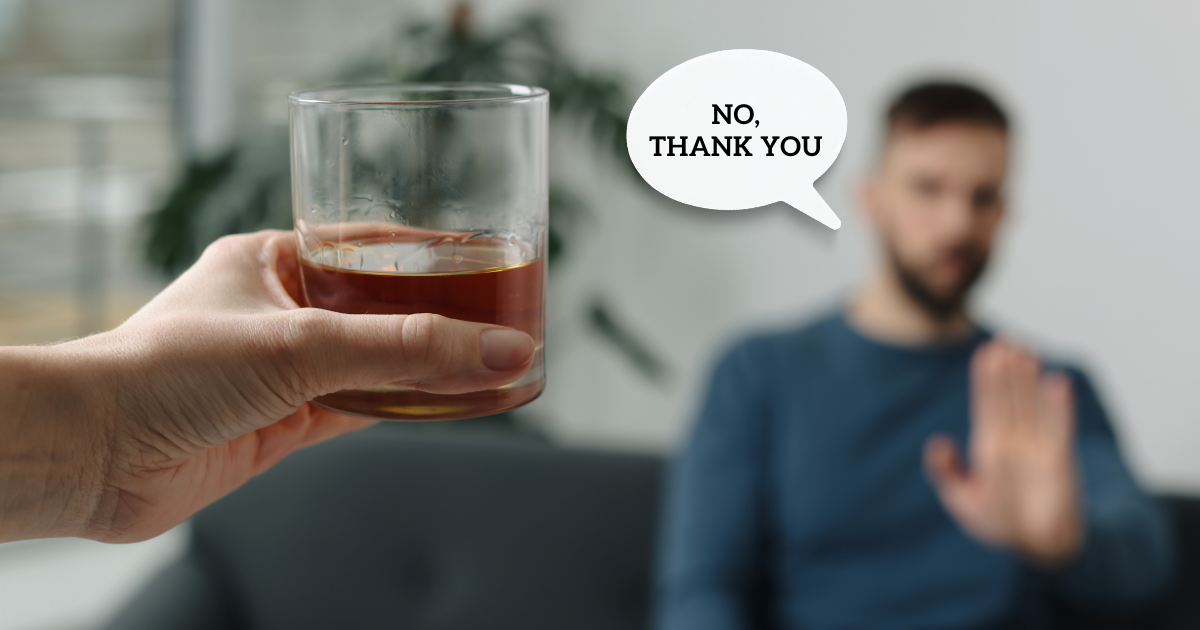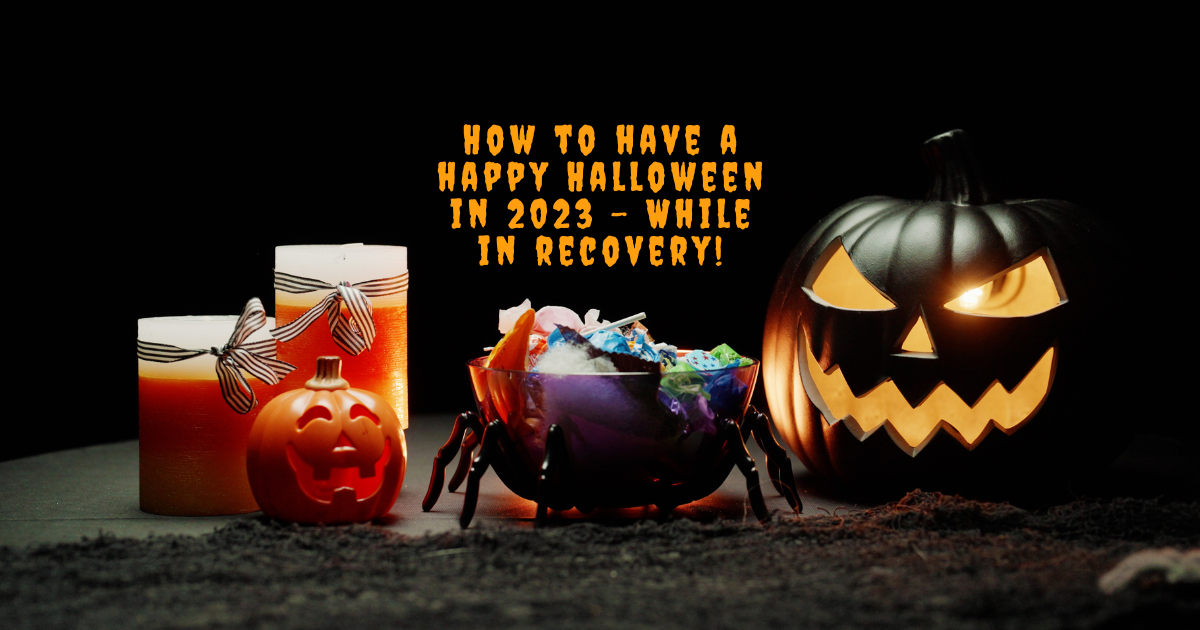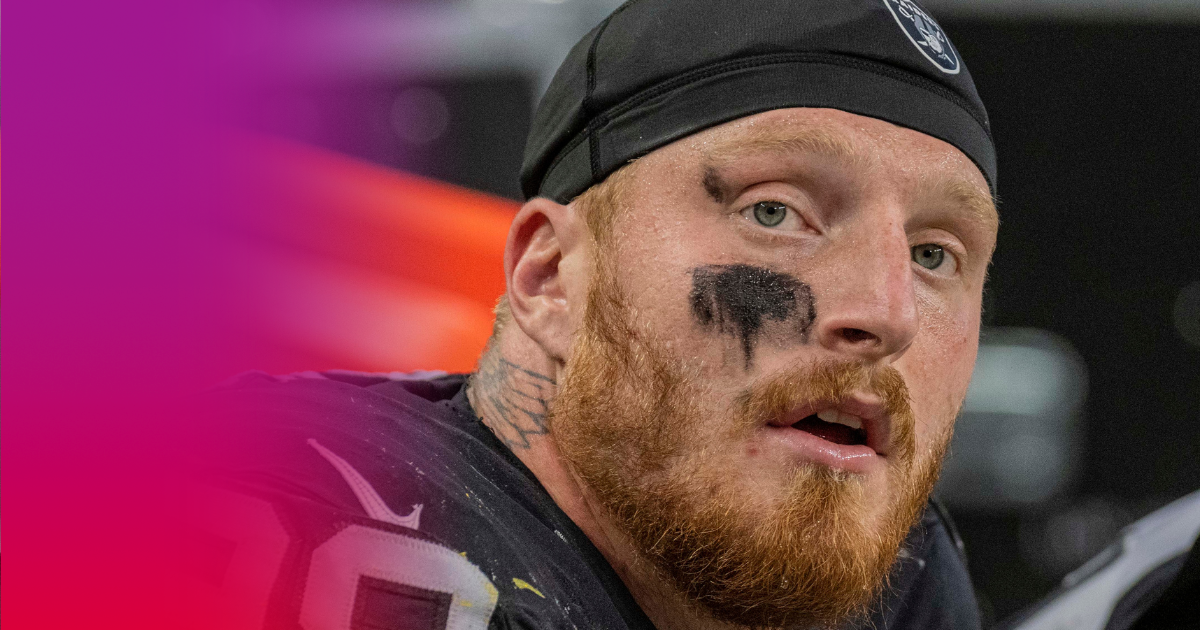Dealing With Negative Stereotypes and Judgement in Addiction Recovery
Should you tell someone you’re in recovery from an alcohol or drug addiction? The answer is multi-layered and often depends on who and where you are on your journey. You may fear you’ll be treated differently or even discriminated against.
You might worry that revealing your recovery from addiction could lead to you getting fired or held back from career opportunities. Many people aren’t sure how sharing such information will impact relationships with friends and family members. Stereotypes surrounding substance use disorder can create insecurities.
“Addiction, in general, isn’t discussed in the general population enough,” said Steven Henderson, assistant clinical director at Landmark Recovery of Las Vegas. “There is still an unjust stigma about addiction, even when people are in recovery. People have that fear that ‘yes, I’m proud of this, but how will this person respond?’”
Should You Tell Your Employer You Have an Addiction?
Addiction recovery is something to be incredibly proud of, no matter how long you’ve been sober. It takes humility and self-reflection to overcome addiction, as people look inward to see the impact drugs and alcohol have made on their lives and the world around them. For many people suffering from its effects, addiction might also require substance use treatment to help them overcome it.
More than 40 million Americans who live with addiction need treatment, but only 10% actually receive it. One big reason people don’t go to an inpatient rehab facility for treatment is that they worry that asking for time off from work could lead to them getting fired. However, Henderson said people recovering from addiction have legal rights under the American Disabilities Act, which states that employers can’t fire, refuse to hire or refuse to promote anyone with a history of substance use or who is enrolled in a treatment program.
“If you don’t feel comfortable telling your co-workers, that’s fine,” Henderson said. “Human resources, or your boss, cannot discriminate against you. If you ever experienced discrimination, you have legal grounds to be able to fight back.”
Related: Pros and Cons of Telling Someone You’re Addicted to Drugs or Alcohol.

Under the American Disabilities Act (ADA), employers can’t fire, refuse to hire or refuse to promote anyone with a history of substance use or who is enrolled in an addiction treatment program.
Big Personalities vs Private People
Personality also plays a factor in whether or not a person in recovery chooses to tell someone about their journey from addiction to sobriety. Some people in recovery have big personalities and feel more comfortable opening up about their previous struggles with addiction.
“It’s therapeutic for me whenever I’m sitting with groups of people and I’m able to share the stuff that I came to grips with while in treatment,” said Glenn Suggs, who’s been in recovery for more than five years and serves as business development and sales trainer at Landmark Recovery. “It’s stuff that I still am not proud that I did, but that I’ve overcome.”
Meanwhile, there are those who overcome their addiction struggles, but limit who they share their experiences with to their peer support network and personal relationships.
“Most people have already decided either they’re going to be completely open about it or they’re only telling close friends and family,” Henderson said. “They’re going to want often not to share simply because they’re very of the type of ‘it’s my business.’”
Telling People You’re an Addict Could Help You Avoid Relapse Triggers
Whichever approach you choose, please understand that you’re not obligated to tell people you’re in addiction recovery. However, sharing this information reduces the risk of being offered drugs or alcohol that can cause you to relapse. The goal of addiction recovery is to maintain your sobriety long-term by coping with relapse triggers.
If somebody offers you alcohol or drugs or pushes for more information about your history with addiction than you’re comfortable giving out, be prepared to set boundaries for yourself.
“I always tell my patients that ‘no’ is a one-word sentence,” Henderson said. “You don’t need to give them a reason why you don’t want the drink. You could just say ‘no, thank you’ to prepare them for if that happens.”
Establishing boundaries during treatment prepares people in recovery for real-life scenarios where alcohol or drugs are being served, like at a bar or birthday party. In some settings, people could be unaware that the person they’re offering substances to is in recovery.
“What I always say is if you’re being healthy and respectful about setting a boundary, how they respond is on them,” Henderson said.
It’s important to be aware of your surroundings, which can sometimes mean telling loved ones you’re in recovery so they help hold you accountable.
“If I tell you that I’m in recovery and we’re all hanging out and you were to see me drift towards the bar, now you’ve got that to point back to real quick,” Suggs said. “You can halt me in my tracks.”
Learn More About Addiction Recovery
At Landmark Recovery, we’re here to help you overcome addiction. We have treatment programs with therapists and medical professionals who can help you understand the circumstances that led you to drink or use drugs, and also help you develop strategies to avoid relapsing. If you’re having trouble opening up about your struggles with drugs or alcohol, call 888-448-0302 today to talk to a recovery specialist.
The confidential phone line is open 24/7. Visit our locations page to find a treatment center near you.

Choose Recovery Over Addiction
We're here 24/7 to help you get the care you need to live life on your terms, without drugs or alcohol. Talk to our recovery specialists today and learn about our integrated treatment programs.




